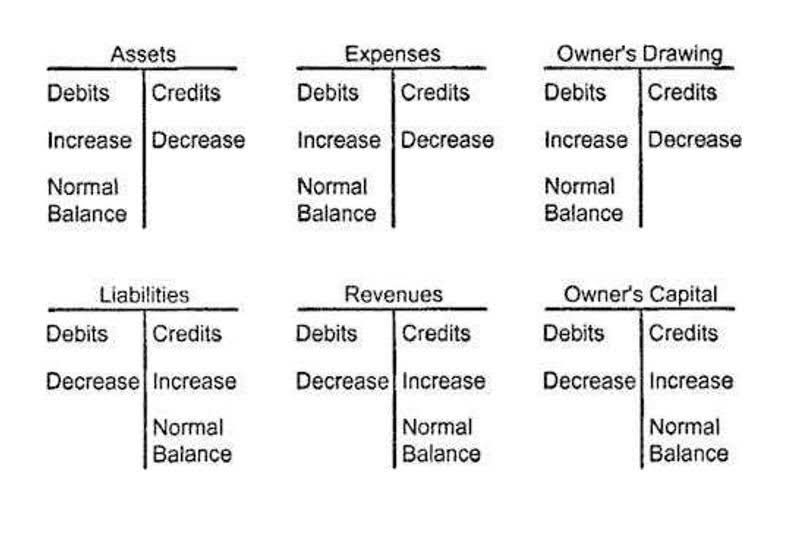
I would not be comfortable relying solely on this text for content – there is not enough contextualization nor enough visual aids for some of the material. I appreciate the subheadings with the key takeaways and review problem after each chapter sub-section. The flow allows a simple way to ensure the learning objectives have been met.
What Are the Highest-Paid Jobs in Accounting?

However, it can be difficult for internal managers in a company to interpret these accounting records compiled by accountants and bookkeepers because they are mostly aimed at external parties. Accounting is an important function that every business, irrespective of its size, should pay maximum attention to. Accountants and bookkeepers are responsible managerial accounting for compiling, measuring, and analyzing accounting records in the form of financial reports or statements for companies.
Cost-Volume-Profit Analysis (Decision-Making)
In addition, managerial accounting focuses on internal stakeholders, and financial accounting on external stakeholders. Still, there’s some overlap, and finance managers utilize tools from both branches in their daily practice. Managerial accounting provides information about the cost of goods and services, whether a product is profitable, and whether to invest in a new business venture and how to https://www.bookstime.com/articles/nonprofit-accounting-definition-and-explanation budget. It compares actual performance to planned performance and facilitates many other important decisions critical to the success of organizations.
Managerial accounting and decision-making.

Business News Daily provides resources, advice and product reviews to drive business growth. Our mission is to equip business owners with the knowledge and confidence to make informed decisions. What you can infer from financial accounting is limited to numerical results like profit and loss, but in management accounting you can discuss the cause and effect relationships behind those results.

Our 300-acre campus in Manchester, NH is home to over 3,000 students, and we serve over 135,000 students online. Visit our about SNHU page to learn more about our mission, accreditations, leadership team, national recognitions and awards. Rebecca LeBoeuf Blanchette ’18 ’22G is a writer at Southern New Hampshire University, where she fulfills her love of learning daily through conversations with professionals across a range of fields.
- Part 2 of the CMA exam covers professional ethics, and all CMAs must complete annual ethics training as a part of their continuing professional education, or CPE requirements.
- Financial accounting may seem to enable external stakeholders like investors and lenders to make more informed decisions but this is not the main aim for the company keeping accounts.
- There is usually a bit of overlap between managerial accounting functions and FP&A functions, especially depending on the company.
- Managerial accountants are more focused on relevant information, where financial accountants are required to ensure that information is reliable and objective.
- This enables managers to identify inefficiencies and implement cost-saving measures, improving profitability.
- Due to this, the strength or weakness of accounting decisions made depends solely on the quality of basic records.
These analyses are based on the budget of the company and business decisions are aimed at productively exploiting this. Another definition of managerial accounting is that it is the process of compiling, measuring, analyzing, and interpreting accounting records for managers to make informed business decisions in the pursuit of business goals. Managerial accounting is a branch of accounting that deals with the compilation of financial records for internal decision-making. It is also known as cost accounting or management accounting, and managerial accounting.

What Is Managerial Accounting?
Using recording transactions individual chapters in a modular fashion would also be particularly attractive if the text was being used as supplemental text for a typical Accounting II course. Specific chapters relating to Managerial topics could be used as supplementary material in an Accounting II course. Coverage of the content appeared to be accurate, unbiased, and consistent with current Managerial Accounting principles.
1: Introduction to Managerial Accounting Concepts
Management accountants assess the receivables to understand the collection efficiency and payment techniques. Usually, overhead charges are allocated based on the total quantity of goods produced, in addition to various other production-related factors. In select learning programs, you can apply for financial aid or a scholarship if you can’t afford the enrollment fee.



